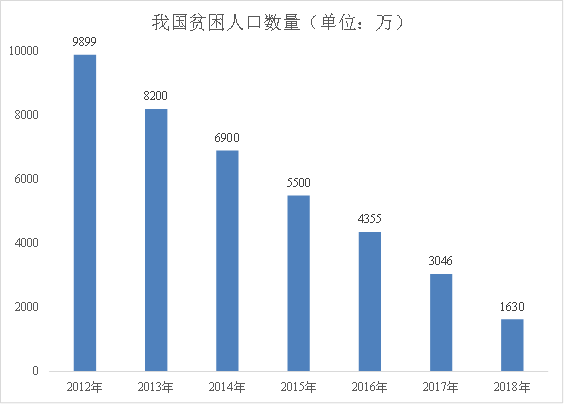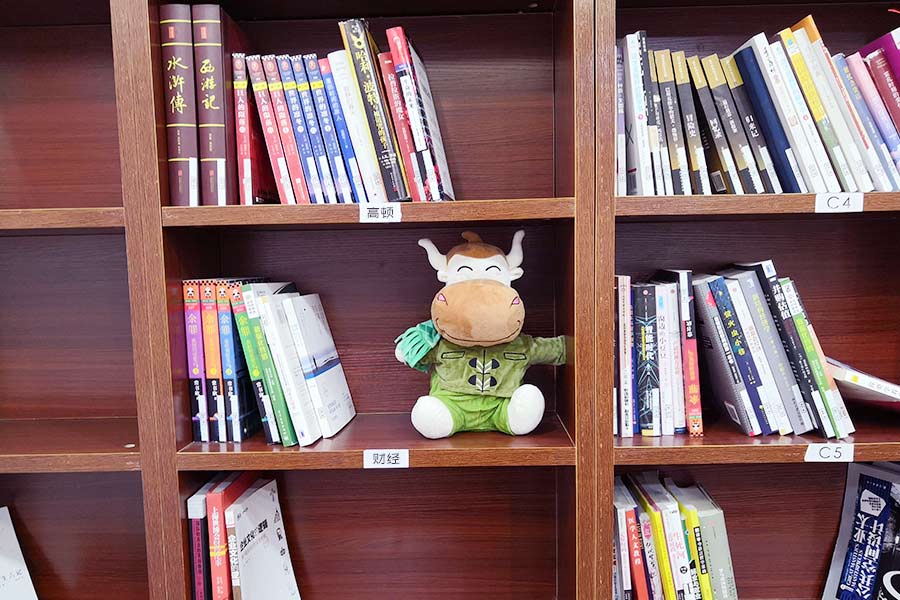2014年MPAcc考研英语二翻译真题及答案解析
Section IIITranslation
Directions:
Translate the following text from English into Chinese. Writeyour translation on ANSWER SHEET 2. (15 points)
Most people would define optimism as endlessly happy, with aglass that’s perpetually half fall. But that’s exactly the kind offalse deerfulness that positive psychologists wouldn’t recommend.“Healthy optimists means being in touch with reality.” says TalBen-Shahar, a Harvard professor, According to Ben- Shalar,realisticoptimists are these who make the best of things that happen, butnot those who believe everything happens for the best.
Ben-Shalar uses three optimistic exercisers. When he feelsdown-sag, after giving a bad lecture-he grants himself permissionto be human. He reminds himself that mot every lecture can be aNobel winner; some will be less effective than others. Next isreconstruction, He analyzes the weak lecture, leaning lessons, forthe future about what works and what doesn’t. Finally, there isperspective, which involves acknowledging that in the ground schemeof life, one lecture really doesn’t matter.
46、【参考译文】
大多数人认为乐观是无尽的欢乐,如同总是有半杯水的杯子。但那是一种绝不会为积极心理学家所称道的虚假的快乐。哈佛大学的TalBen-Shahar教授说,"健康的乐观主义意味着要活在现实之中。"在Ben-Shahar看来,现实的乐观主义者会因势利导,而非求全责备。
Ben-Shahar 会使用三种乐观的方法。比如说,当他因搞砸了一场演讲而倍感郁闷的时候,他会告诉自己这是很正常的事,提醒自己:并不是每一次演讲都可以获得诺贝尔奖,总 会有一些人的演讲效果不及其他人。接着为改进。他分析了一些效果不好的演讲并且从那些起效和无效的演讲中吸取教训为将来做准备。最后是看待问题的角度,即 在生活的宏伟计划中,一次演讲真的无足轻重。)


 QQ登录
QQ登录 微博登录
微博登录 微信登录
微信登录











